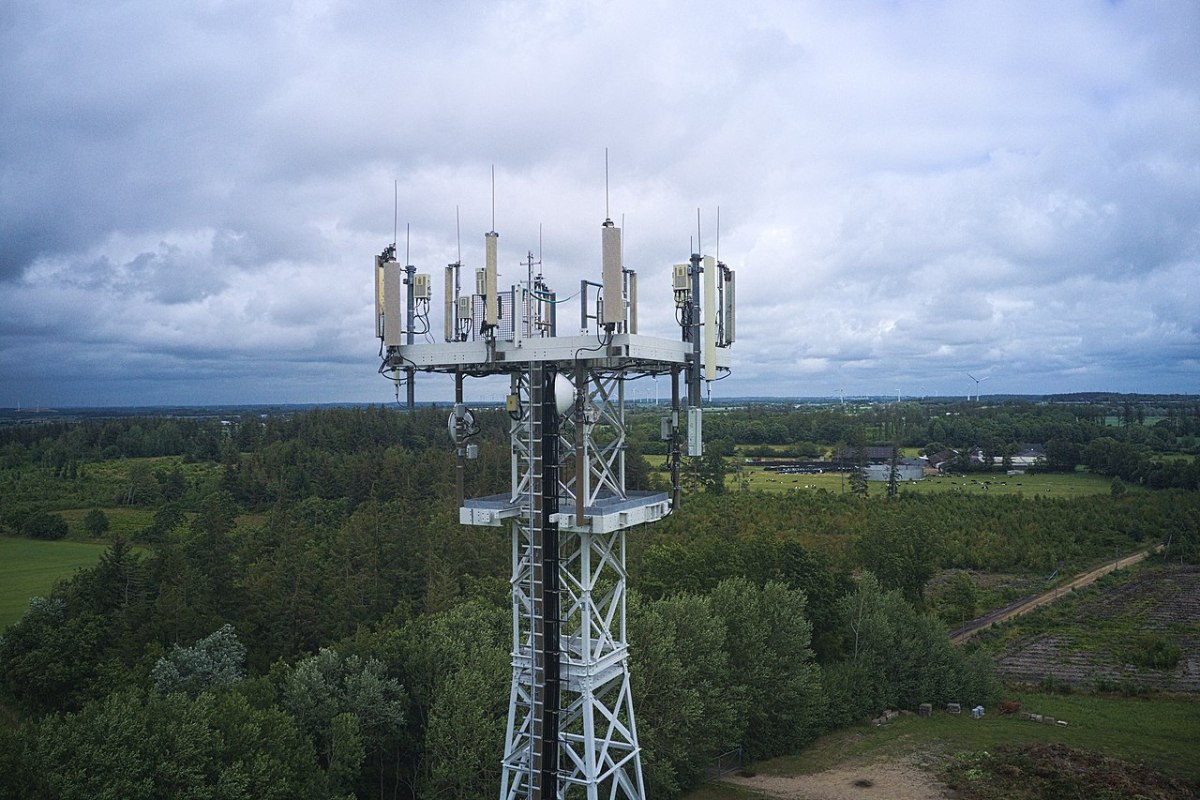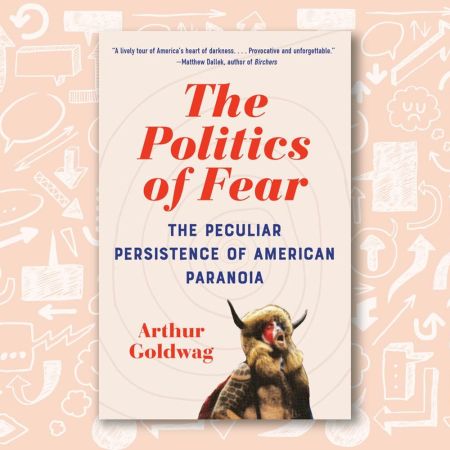In Britain, dozens of cellphone towers have been set on fire and even more employees of cellular carriers have been accosted in the last month. Why? Conspiracy theories. Just as one set of dodgy conspiracy theories led a deluded man to carry a gun into a pizza restaurant in Washington, DC a few years ago, another set of conspiracies is again having violent real-world consequences.
At The New York Times, Adam Satariano and Davey Alba have the details. A conspiracy has been widely circulated in recent months pinning the spread of COVID-19 on 5G wireless technology.
Under the false idea, which has gained momentum in Facebook groups, WhatsApp messages and YouTube videos, radio waves sent by 5G technology are causing small changes to people’s bodies that make them succumb to the virus.
And if you think, “wait, that sounds ludicrous,” you are correct. However, that hasn’t stopped people from literally setting fire to wireless towers in an effort to put a stop to this nonexistent conspiracy.
As Satariano and Alba report, “[a]n analysis by The New York Times found 487 Facebook communities, 84 Instagram accounts, 52 Twitter accounts, and dozens of other posts and videos pushing the conspiracy.” So it’s not hard to see why this has taken hold with so many.
A recent article at Snopes breaks down the 5G conspiracy even more, and explores its appeal to various groups of people. As one communications industry professional quoted at The Guardian said, technology companies also provided a small amount of details about 5G — creating space for conspiracies to enter the debate. “I think as an industry we could have been quicker and clearer about what 5G is,” they said.
Hopefully the growing number of articles noting that 5G is not a danger will push back against the conspiracies. But sadly, conspiracies have a way of lingering for far longer than one might hope.
Subscribe here for our free daily newsletter.
Thanks for reading InsideHook. Sign up for our daily newsletter and be in the know.


















